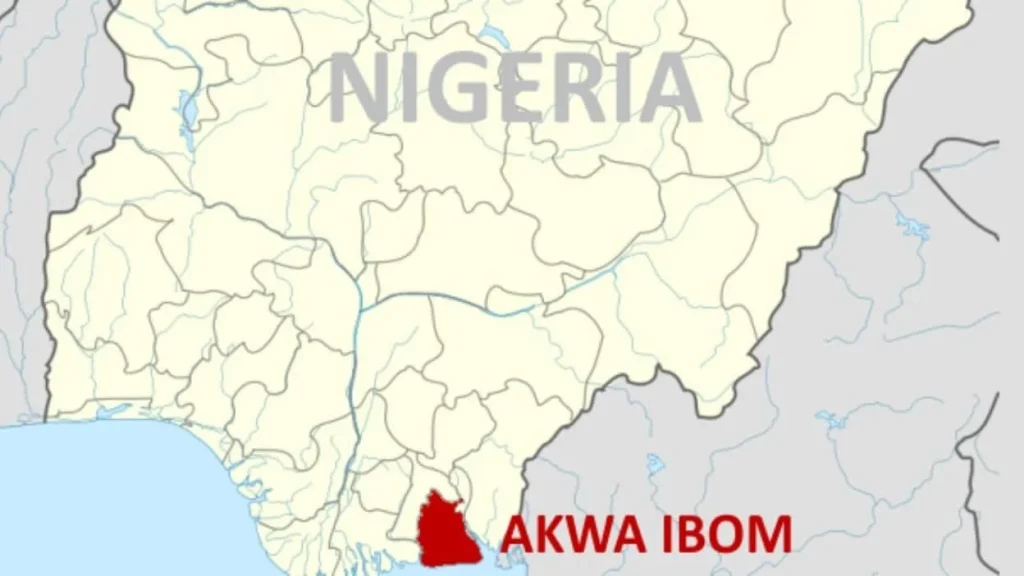The sharp rise in fuel prices and persistent inflation in Nigeria has intensified poverty across the nation, leaving many families in financial distress. This economic strain has had far-reaching effects, particularly in Akwa Ibom State, where it has led to a troubling increase in gender-based violence (GBV). investigations reveal that as economic pressures mount, many women, who were once contributors to their households’ income, have seen their financial independence erode, leaving them vulnerable to domestic abuse.
One heart-wrenching case is that of Uduak Eyo, a 37-year-old woman from Nsit Atai Local Government Area. She recounted her painful experience after losing her job, leading to her husband becoming verbally and physically abusive. “The last eight months have been hell,” she shared, describing how her husband’s frustrations escalated due to their worsening financial situation.
The economic crisis is fueled by factors such as rising inflation, the removal of fuel subsidies, and the soaring cost of living. President Bola Tinubu’s removal of the fuel subsidy in May 2023 was intended to promote economic growth, but instead, it has caused widespread hardship, with the cost of basic necessities, including food and fuel, skyrocketing.
In Akwa Ibom, women have shared similar stories of GBV triggered by economic hardship. The rising cost of transportation and food has exacerbated tensions in many homes, pushing already strained relationships to the breaking point. Uduak Akpan, a single mother of three, explained how the fuel price hike has made it nearly impossible to provide for her children, as transport fares alone have quadrupled.
This economic downturn has also contributed to a spike in mental health issues, as financial stress and domestic violence take their toll on individuals and families. Dr. Godwin Eniekop, a psychiatrist at the University of Uyo Teaching Hospital, noted that frustration from unmet marital expectations and economic pressures has led to an increase in mental health disorders.
Gender-based violence remains a significant issue in Akwa Ibom, with over 600 cases recorded last year, according to the state’s Ministry of Justice. Experts stress the need for government intervention to create a more supportive economic environment and address the root causes of frustration driving the surge in violence.












